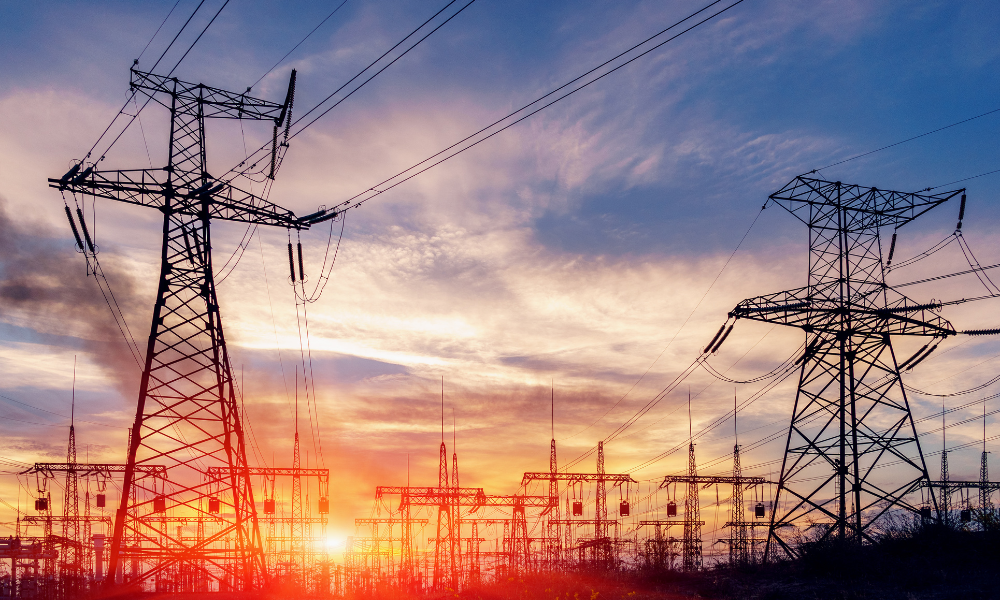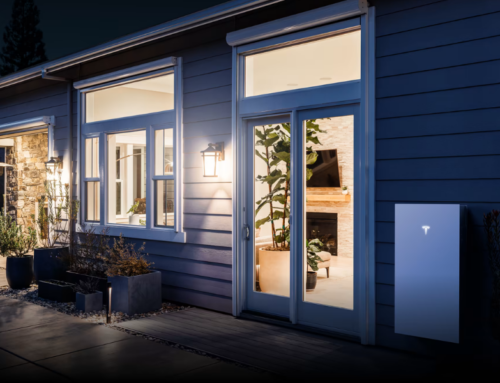Ever since the 1980s, when scientists first started to warn publicly of the dangers posed by global warming, the need to replace our carbon-belching system of power generation with clean renewables has been inherently urgent. One might think the fate of our planet’s ecosystem – not to mention the human populations that depend on their stability – should suffice to nudge people into embracing solar energy, the planet’s most abundant potential power source, yet regulators and lawmakers seem determined to come up with ever-more-creative ways of adding artificial urgency to the choice to go solar.
Since the Arizona Corporation Commission voted in favor of APS’ 2016 request to pay owners of rooftop solar less for their power than what they sell it for, thereby initiating a new regime in steadily falling annual compensation for solar customers, that urgency has been relative: Do I want great financial rewards this year or just good one’s next year? But, with a new rule going into effect soon, homeowners now face an absolute barrier to access that depends on the total power being generated by solar panels in their community, with no certainty over how soon they will indefinitely shut out of the opportunity to go solar.
The new rule limits the proportion of solar-generated electricity allowed to exist within an area served by a substation to 15 percent of its peak capacity. That means that once 15 percent of a service area’s total electric current is supplied by rooftop solar, everyone else who might want to go solar may be left out in the cold.
The rule technically went into effect in February 2020, but implementation has varied somewhat by the utility; for example, Tucson Electric Power (TEP) has already started screening applications to determine whether their areas are still eligible for new solar installation, but APS has yet to announce an actual start date.
Val Berechet, president of Sunsolar Solutions, a leading local solar sales and installation company, is urging his sales force to emphasis the urgency of going solar now before areas get effectively locked out. When TEP began implementing this new screening and review process last year, dozens of homeowners were denied their solar applications with the utility, even after having already signed up to have solar installed on their homes. Once the new policy is put in place with other Arizona utilities, it is expected that other areas of Arizona will hit their maximum quickly, though it is too early to know where and when with any specific city.
Some areas served by APS are sure to be at their allowed imposed limit as soon as the utility starts evaluating applications under the new rule. Buckeye and North Peoria are especially saturated with rooftop solar, Berechet said. “It’s a really bad situation, honestly, for both homeowners and everyone in the solar industry,” Berechet said. “It’s almost surreal. We have one customer who just last week was permitted by the city to have their solar system installed,” he said. “Tomorrow, we have to call this customer and cancel their project because the utility denied his solar application due to this new rule.”
The essential environmental and economic factors still favor solar power in Arizona. The state has the third lowest cost per watt for solar panels, and it has the second highest potential solar resources, just after Nevada, according to the U.S. Energy Information Agency.
Yet state regulatory decisions have proven to be a drag on solar expansion in what should be one of the most favorable environments for the technology. Data from the Solar Energy Industries Association shows yearly residential installation rising steadily from 2010 to 2017 (the year the state’s utilities started paying less for solar-generated electricity than what they sell it for) and slowing declining or stagnating in the years following.
Only time will tell how this new restriction will affect solar energy’s future in Arizona.
GO SOLAR BEFORE YOU ARE LOCKED OUT!
SUNSOLAR SOLUTIONS, Inc. ROC 331679
- $0 Down, No upfront cost
- Save up to 90% off your electric bill
- Protect against inflation & energy cost increases from your Utility Company
- Provide clean, reliable energy for your family powered by the sun







